#historical movies
Note
Shows or movies based on historic figures and events are hard to pull off if the goals are to be both entertaining and somewhat true to history. If we accept that some inaccuracies can't be avoided in order to appeal to audiences what would you consider cornerstones and pillars about Alexander and his history that can't/shouldn't be touched in order to paint a somewhat realistic picture in media based on him and his life?
I saved this to answer around the time of the Netflix release. For me, there are four crucial areas, so I’ll break it down that way. Also. I recognize that the LENGTH of a production has somewhat to do with what can be covered.
But, first of all…what story is one telling? The story arc determines where the focus lies. Even documentaries have a story. It’s what provides coherence. Is it a political tale? A military one? Or personal? Also, what interpretation to take, not only for Alexander but those around him. Alexander is hugely controversial. It’s impossible to make everyone happy. So don't try. Pick an audience; aim for that audience.
MILITARY:
Alexander had preternatural tactical skills. His strategy wasn’t as good, however, especially when younger. Tactics can be a genius gift (seeing patterns), but strategy requires experience and knowledge of the opposition. The further into his campaign, the more experience he gained, but the cultures became increasingly unfamiliar. He had ups and downs. He was able to get out of Baktria finally by marrying Roxana. That was strategy, not tactics. He beat Poros, then made a friend of him; that’s strategy. Yet he failed to understand the depth of the commitment to freedom among the autonomous tribes south along the Indus, which resulted in a bloody trek south. And his earlier decision to burn Persepolis meant he’d never fully reconcile the Persian elite.
So, it’s super important to emphasize his crazy-mad tactical gifts in all forms of combat, from pitched battles to skirmishes to sieges. Nobody in history ever equaled him except maybe Subatai, Genghis Khan’s leading general. In the end, I think that’s a lot of Alexander’s eternal fascination. He fought somewhere north of 250 battles, and lost none (where he was physically present).
But HOW to show that? What battles to put on screen? Oliver Stone combined three into one + Hydaspes because he had only 2-3.5 hours (depending on which cut you watch). The Netflix series is going to show all four of the major pitched battles…or at least all 3 for the 6-episode first part. They had circa 4.5 hours to play with, but they cut out other things, like Tyre.
Another issue, from the filming/storytelling point-of-view is how to distinguish Issos from Gaugamela for the casual viewer. They’re virtually identical in tactics (and players on the field). So it made a fair bit of sense to me for Stone to conflate them. In a documentary, it’s more important to separate them, largely to discuss the fall-out.
Some v. important clashes weren’t the Big Four. Among these, the sieges of Halikarnassos and Tyre are probably the most impressive. But the Aornos Rock in India was another amazing piece. I’d also include the bridging of the Indus River to illustrate the astonishing engineering employed. Again, if I had to pick between Halikarnassos and Tyre, I’d pick Tyre. I was a bit baffled by Netflix’s decision to show Halikarnassos instead, but I think it owed to an early error in the scripts, where they had Memnon die there. I corrected that, but they’d already mapped out the beats of the episodes, so they just kept Halikarnassos. That’s fine; it was a major operation, just not his most famous siege.
Last, I really wish somebody, someday, will do something with his Balkan campaigns. What he did in Thrace and Illyria, at just 21, showed his iron backbone and quick thinking. It’d make a great “and the military genius is born” set-up, drama wise. But you could use the Sogdian Rock to show the clever streak, at least (“Find men who can fly” … “I did; look up.” Ha) Plus it has the advantage of being where he (maybe) found Roxana.
Last, he fought extremely well--wasn't just good at tactics. Being a good general doesn’t necessarily mean one’s a good fighter. He was. Almost frighteningly brave, so show that too.
RELIGIOUS:
Ya gotta deal with the “Did he really think he was a god?” thing, and the whole trip to Siwah. I obviously don’t think he believed he was a god; it’s one of the things I disliked about the Netflix show’s approach, but they were dead-set on it. I DO think he came to believe he was somehow of divine descent, but of course, that’s not the same as most moderns understand it, as I’ve explained elsewhere. It made him a hero, not a god on a level with Zeus, and to ME, that’s an important distinction that Netflix (and to some degree Stone) rode roughshod over.
But I’d like to see more inclusion of sacrifice and/or omen-reading—religion in general. Cutting the Gordion Knot (omens!). His visit to Troy (Netflix tackled that one). A really cool thing would be to make more of the lunar eclipse before Gaugamela. Again, Netflix touched on that, but it’s one of those chance events that might actually have affected a battle’s outcome, given how seriously the ancient near east took sky omens. (A solar eclipse once halted a battle.) The Persians were freaked out. Even his massacre of the Branchidai in Sogdiana was driven by religion, not military goals. Pick a couple and underscore them.
I give Stone big props for the sacrifice before the Granikos/Issos/Gaugamela battle. It was so well-done, I’ve actually shown it in my classes to demonstrate what a battlefield sphagia sacrifice would look like.
Alexander was deeply religious. Show it.
POLITICAL:
Ah, for ME the most interesting stuff surrounding Alexander occurs at the political level. Here’s where the triumph story of his military victories all went south. He knew how to win battles. He was less good at managing what he’d conquered.
In terms of a story arc, the whole period up to Gaugamela is really the “rise” of the story. Post-Gaugamela, things began to collapse. And I would pin the turn on PERSEPOLIS. Yes, burning it sent home a message of “Mission accomplished.” But he was selective about it. Areas built by Darius I were spared, Xerxes’ were destroyed: a damnio memoriae.
Problem: Persepolis embodied Persia, and ATG essentially shat on it. Not a good look for the man who wanted to replace Darius III. That he also failed to capture and/or kill Darius created an additional problem for him. Finally, his lack of understanding of how politics worked in Baktria-Sogdiana resulted in an insurgency. Bessos was going to rebel, regardless. But Spitamanes might not have. Alexander created his own mess up there.
Another matter to look at is why he created a new title—King of Asia—instead of adopting the Persian title (King-of-Kings). I don’t think that was a “mistake.” He knew perfectly well the proper Persian title (Kshāyathiya)…and rejected it. He adopted some Persian protocol, but not all of it. After the summer of 330, he was essentially running two parallel courts, which seemed to satisfy neither the Persians nor his own men. (Kinda like docudramas are a hybrid that seems to annoy perhaps more than satisfy.)
So I’d like to see this handled with some nuance, but it’s intrinsically difficult to do—even while, if done well, it would be the most interesting part of an Alexander story, imo.
So, what events, what events…3-4 leap out after Alexander’s adoption of some Persian dress. The Philotas Affair, the Pages Conspiracy, the Death of Kleitos, the marriage to Roxana. I’d show it all, although I could also understand reducing the two conspiracies to one, for time, in which case, the Philotas Affair because it resulted in the fall of Parmenion. But the fact there were two, not just one, tells a story itself.
What about the proskynesis thing with Kallisthenes? I’ve come to disbelieve it ever happened, even though it’s symbolic of the whole problem. So, weirdly, I’m of two minds about showing it. OTOH, it won’t be in my own novels. But OTOH, I could easily see why a showrunner or director might want to include it. And it certainly appears in several of the histories, including Arrian.
Then we have the two indisciplines (mutinies)…one in India that made ATG turn around, and another at Opis. They’re really two different things as one was an officer’s rebellion, the other the soldiers themselves. But will viewers be able to distinguish between them? It’s like the Issos/Gaugamela problem, or for that matter, the two conspiracies. They’re similar enough to confuse the casual viewer. “Didn’t we already see that?”
But if they were narrowed to one, how to choose? The mutiny on the Hyphasis provides an explanation for why he turned back. But the Opis event was more dramatic. The man jumped down into the middle of a rioting crowd and started (essentially) knocking heads together! So if I had to pick…Opis. The other might could be mentioned in retrospect.
PERSONAL:
Here are five things I think really OUGHT to be shown, or that I have yet to be pleased by.
1) Philip isn’t an idiot and should get more than 10 minutes of screentime. Oh, and show Alexander did learn things from him. Stone had to make his movie a Daddy-Issues flick, and the Netflix thing did very little with Philip as they wanted to get to the Alexander-Darius face off (which was the meat of their story). But there’s a very interesting love/competition story there.
2) Olympias is not a bitch and was not involved in Phil’s murder, although I can see why that is catnip to most writers. She did kill Eurydike’s baby and (by extension) Eurydike. One of the historians in the Netflix story (Carolyn, unless I misremember) talked about the rivalry between the two wives, at least. But I think ATG planned to marry the widow and Olympias got rid of her to prevent it. Now THAT’S a story, no? But they were in too much of a hurry to get to Persia.
3) Alexander was not an only child! He had sisters (and a brother) with whom he was apparently close…and a cousin who was his real rival. To me, missing that cousin rivalry overlooks a juicy personal/political story! Too often all the focus winds up on Alexander-Olympias-Philip-Eurydike-Attalos, but man, a more subtle showrunner could do a lot with the Alexander-Amyntas rivalry. But he’s constantly cut out. I can’t think of a documentary that actually addresses Amyntas except in passing (if at all)l
4) Hephaistion’s importance is a must, but I’d like to see him treated as someone with a personality and authority of his own, besides just as ATG’s lover. At least Netflix Went There onscreen with the love-story part, but otherwise, the writers couldn’t figure out what to do with him. Neither Stone nor Netflix really portrayed him as his own person. I do understand why they can’t show the whole cast of characters. I had to do weeding myself in the novels, but I’m annoyed Netflix showed only Hephaistion and Ptolemy. Where’s Perdikkas (so important all along really, but certainly later)? Or Philotas, Kleitos, Krateros, Leonnatos, Lysimachos (later king of Thrace)? I think viewers could probably have handled at least another 5 people, especially if introduced gradually, not all at the beginning.
This brings me to….
5) Alexander’s apparently very real affection for the people in his orbit, from personal physician (Philip) to childhood pedagogue (Lysimachos [not same as above]) to Aristotle to various other philosophers. He was so loyal to his friends, in fact, he initially jailed the people who brought word of Harpalos’ first flight.
He needed to be loved/appreciated and wanted to give back to people. Yes, generosity was expected of kings, and as a king (THE king), his generosity had to excel that of anybody else. But he seemed to genuinely enjoy giving presents. I think of him like that one friend who heard you say you liked that cute pair of “Hello, Kitty” socks…then 6 months later they’re your Christmas present from them. Some of his gifts were grandiose, but not always. I love the dish of little fish (probably smelts) that he sent to Hephaistion, presumably just because his friend liked smelts!
To me, point #5 would be easy to get in with a skilled scriptwriter, tucked into the corners of other scenes. It’d be fun to highlight the personal side. If we can believe Plutarch, he was a PRODIGIOUS letter-writer. Also, he loved to hunt, so that’s another thing. And he loved the theatre, and to watch sport. These would all be very humanizing details.
I think the biggest issue is that most of these documentaries/docudramas are done by people who don’t know squat about Alexander aside from a few things, before deciding to make a documentary/movie about him, or write a book. Their research is shallow, and even if they bring on the experts, they don’t always listen. Stone DID at least have a long fascination with ATG, but it caused him to try to throw in everything but the kitchen sink. It wasn't as bad of a film as some have made it out to be, just horribly bloated and for all his reading, he never understood the WORLDVIEW. I wrote about that some while back in my review.
The best documentary/movie would be told by an actual specialist who knew enough at the outset to craft a better, more complex story arc.
Or maybe I’m just biased because I tried to do that myself in my novels. 😂😂😂😂
#asks#alexander the great#oliver stone alexander the great#netflix alexander the great#telling the story of alexander the great is intrinsically difficult#docudramas#historical movies#historical documentaries
89 notes
·
View notes
Text
When the First World War broke out in 1914, Adolf H"tler enthusiastically volunteered to join the German army.
He was assigned to the ground troops on the Western Front. As a messenger, he delivered messages from the army command to the front.
In December 1914, he is awarded the Iron Cross II Class for his bravery. In a letter to his former landlord, he writes: "It was the happiest day of my life."
Among other things, the he was considered an "eccentric", whose only friend was his dog, a white terrier with a black left ear. He came to him in mid-March 1915, probably from a British trench. He christened him "Foxl" and looked after him for two years.
According to the impression of a fellow soldier, he was more interested in animals than the men in his small group of messengers. He also received no letters from home.
Another picture with Foxl was taken at the beginning of July 1917, but three weeks later the animal suddenly disappeared. The animal may have been stolen by an employee of the railroad. In any case, this was a great personal loss for him.
The question of what reputation he enjoyed in the army is answered differently in research. He is described as an antisocial eccentric - but also as an impeccable comrade. It is documented that some called him the “spinnerten Österreicher” ("crazy Austrian"). He was opinionated and argumentative, as his temporary superior Wilhelm Dieß later recounted. He was a law professor and one of the most important Bavarian storytellers of the 20th century.
When Germany lost the war in November 1918, he was in a military hospital. He was temporarily blinded by a poison gas attack. The news of Germany's surrender plunged him into a deep crisis. His war experiences had a great influence on his life and thinking. Under the impression of the lost war, he becomes radicalized and politically active.
[Movie: The Rise of Evil (2003)]
#reichblr#german history#history#teaching#studyblr#studying#booklr#books#first world war#dogs#interesting#movie#the rise of evil#historical movies#i will teach you history on a creative way not the boring teacher way#war#war movies#I’m addicted this song lmao#dark#20th century
81 notes
·
View notes
Text
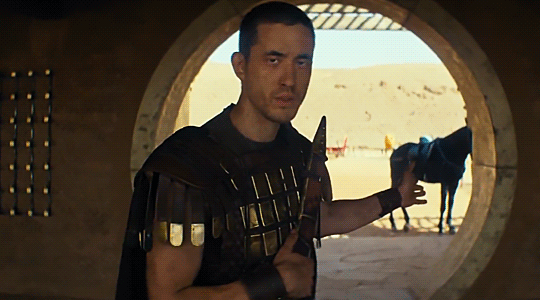
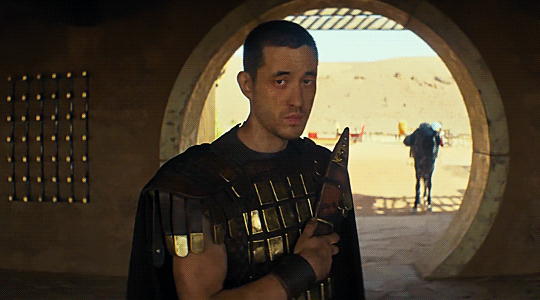


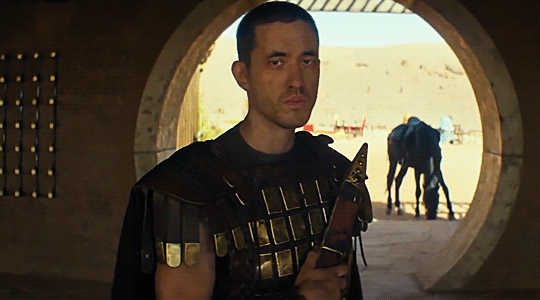
ANDREW KOJI as FELIX
Seneca: On The Creation of Earthquakes (2023)
#andrew koji#felix#seneca#seneca on the creation of earthquakes#filmtvcentral#cinematv#filmtvdaily#movieedit#moviegifs#fyeahmovies#filmedit#filmgifs#akojiedit#andrewkojiedit#andrewkojigifs#senecaedit#dailytvfilmgifs#historical movies#dailyactors
38 notes
·
View notes
Text
These answers are based on my personal picks - please don't be offended that your favorite isn't here (reblog and tell me which one is missing!)
#polls#tumblr polls#polls on tumblr#new poll#period movies#period film#historical movies#historical film#costumes#period drama#historical fashion
206 notes
·
View notes
Text




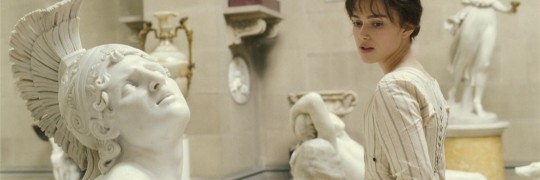
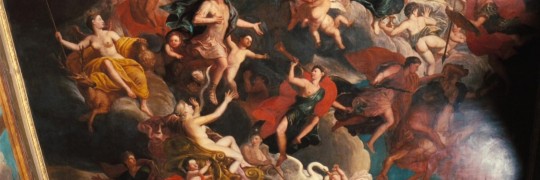

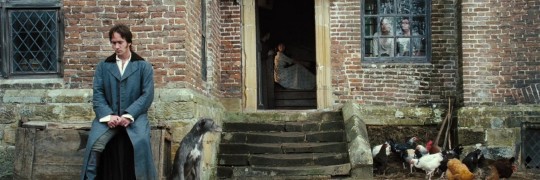


Screenshot Pride & Prejudice headers
Saved? Like or reblog
Salvou? Curte e compartilhe
Credits twitter: @ellasxl
#pride & prejudice header#pride and prejudice headers#pride & prejudice#pride and prejudice#headers#jane austen header#janeausten#jane austen#classic movies#movie headers#historical movies#light aesthetic#light academia#elizabeth bennet#elizabeth x darcy#mr darcy#mrs darcy#keira knightley#matthew macfadyen#dark acadamia aesthetic#movie photography#twitter headers#aesthetic headers#headers aesthetic#vintage aesthetic#vintage
437 notes
·
View notes
Text
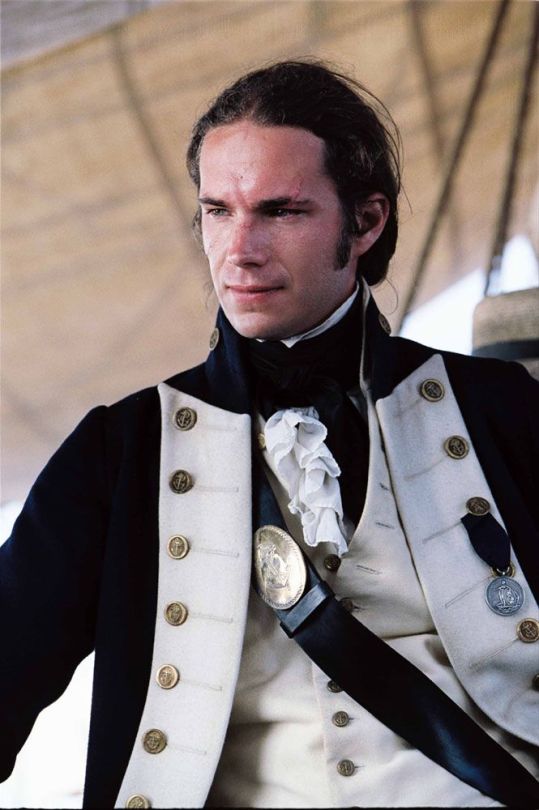
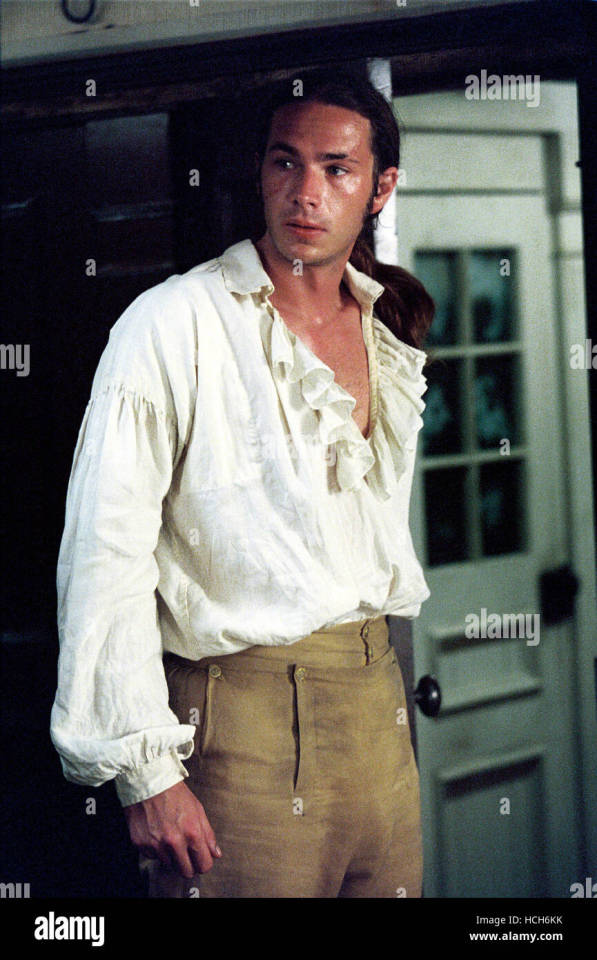

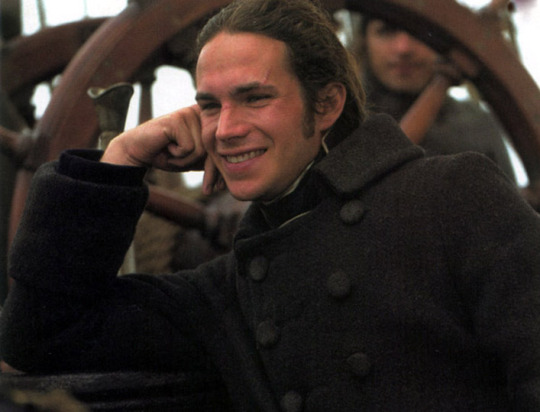

I want to be her
#boy toy energy#james d'arcy#thomas pullings#master and commander#movies#films#2000s movies#historical movies
20 notes
·
View notes
Text
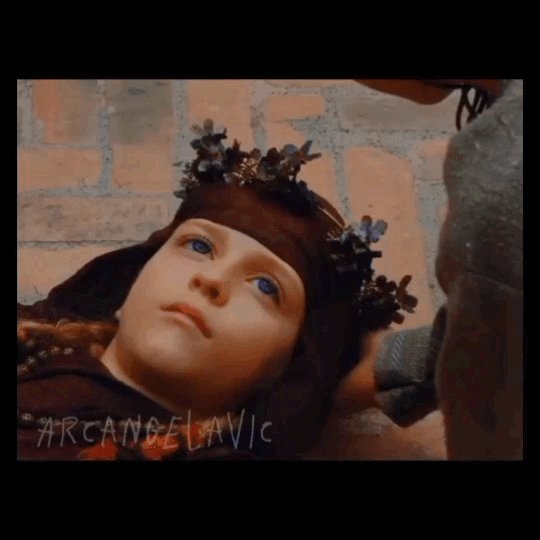
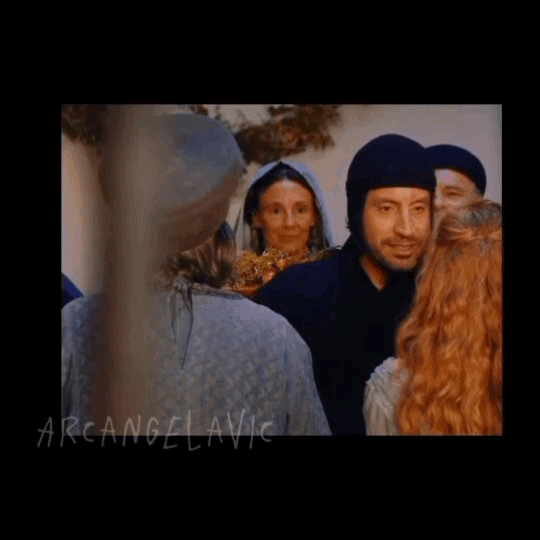








𝓒𝓱𝓪𝓻𝓪𝓬𝓽𝓮𝓻𝓼 𝓲𝓷 𝓗𝓲𝓼𝓽𝓸𝓻𝓲𝓬𝓪𝓵 𝓓𝓻𝓪𝓶𝓪 : 𝓓𝓪𝓷𝓽𝓮 𝓪𝓷𝓭 𝓑𝓮𝓪𝓽𝓻𝓲𝓬𝓮
𝓜𝓸𝓿𝓲𝓮 : 𝓓𝓪𝓷𝓽𝓮
For @kusurrone
#dante alighieri#beatrice portinari#dantepupiavati#alessandrosperduti#dante2022#historical drama#perioddramaedit#historical film#historical movies#edits#womaninhistory
16 notes
·
View notes
Text
Guess what I rewatched
#jojo rabbit#jojo rabbit edit#taika waititi#jojo betzler#elsa korr#history#wwll#world war two#historical fiction#historical movies
19 notes
·
View notes
Text

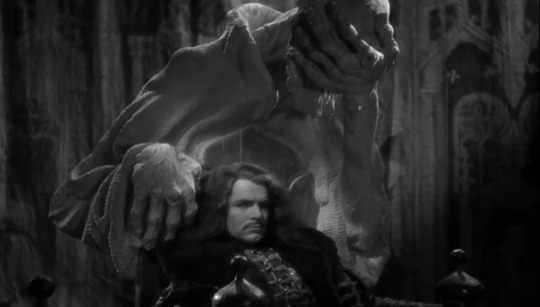

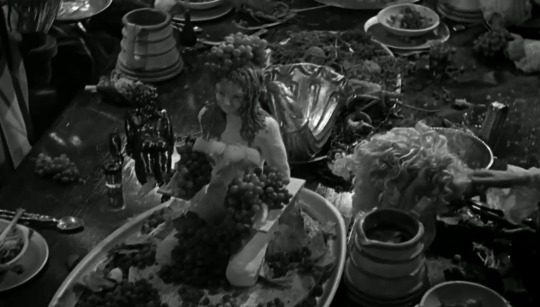
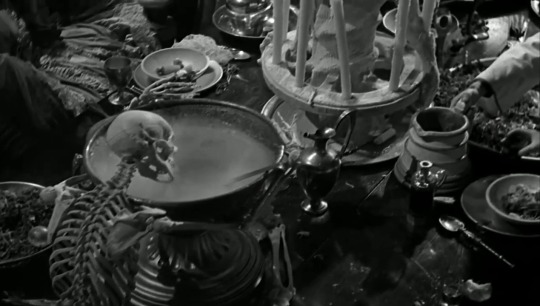

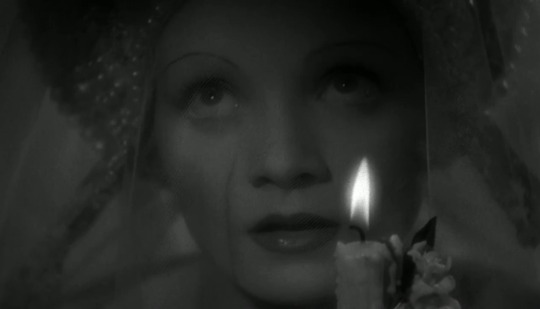
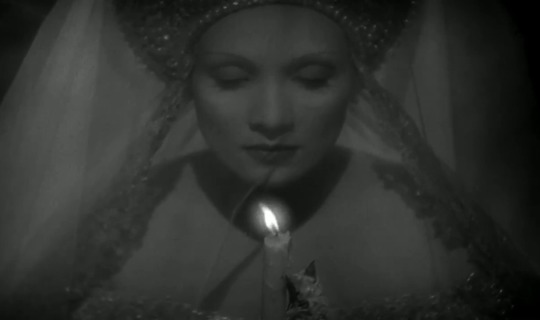
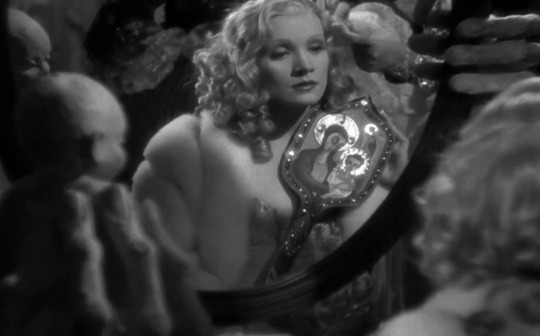

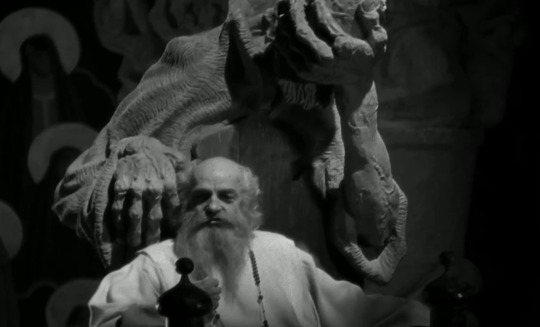

The Scarlet Empress by Josef von Sternberg, 1934
#marlene dietrich#catherine the great#josef von sternberg#the scarlet empress#slavic culture#1930s cinema#romantic movies#historical movies#1930s movies
15 notes
·
View notes
Photo

#a dangerous method#movies#period drama#costume drama#Keira Knightley#michael fassbender#2010s#gifs#my gifs#historical movies#historical drama#period movies
263 notes
·
View notes
Text
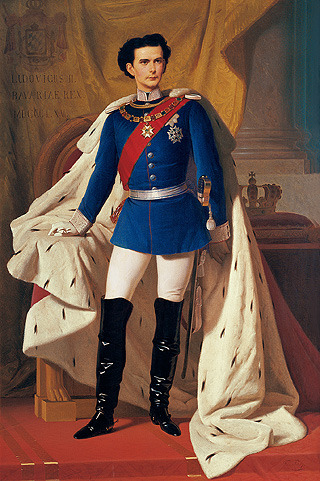
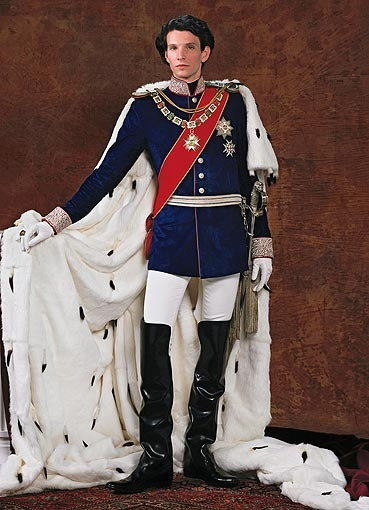
King Ludwig II in Bavarian general's uniform with coronation mantle,
painting by Ferdinand Piloty, 1865
vs
Ludwig's costume in movie Ludwig II (2012)
#ludwig ii#sabin tambrea#bavaria#germany#movie costumes#neuschwanstein castle#portrait#ludwig ii of bavaria#art#historical movies#when costume department slayed#where is this movie's oscar??#where is his oscar?#king ludwig ii#konig ludwig ii von bayern
10 notes
·
View notes
Text
I'm gonna be honest, I don't watch historical shows or movies based on real events or old books because I will get attached to the characters and when I look them up it shows how they died or how they betrayed and on a bad day both..... and I'll get mad when they keep it historically accurate in the show or movie
Example: I knew everything that happened on the Illiad. I knew how it was going to end. And yet there I was at the end of The Song Of Achilles. Broken. A sobbing mess. Never emotionally recovered. How dare they follow the original source material's plot
This is why I'm never watching shows like The Tudors. Watch me get attached to all the wives istg I will do it
Or even The Great. Why did Peter have to die!? It's a parody show damn it!
13 notes
·
View notes
Text
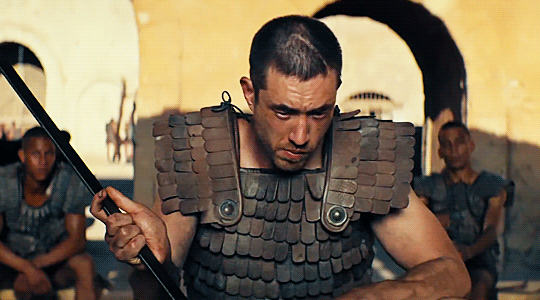
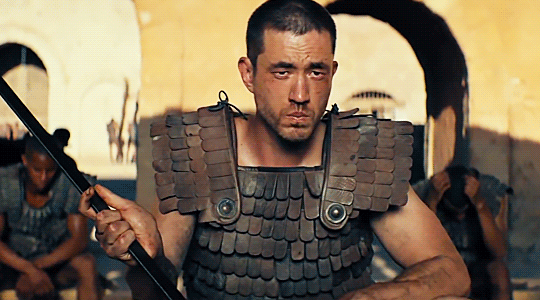
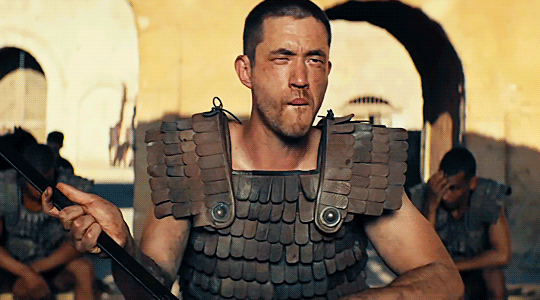
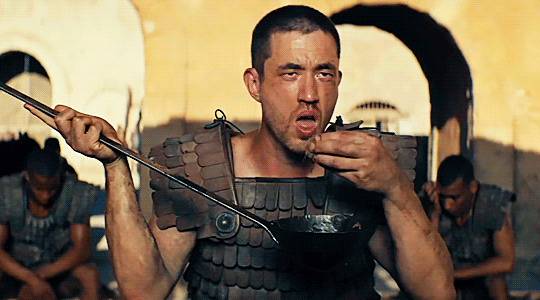
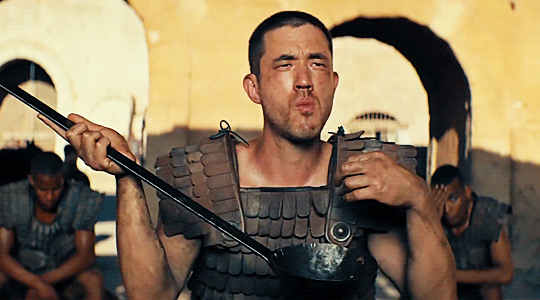
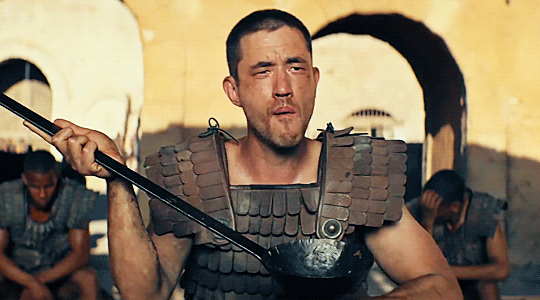
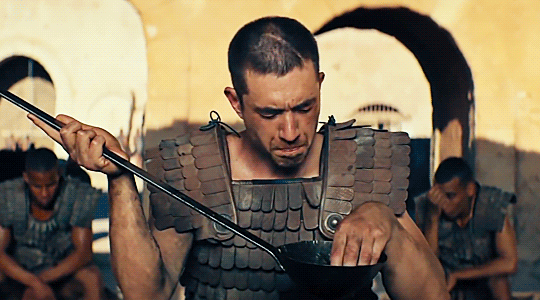
ANDREW KOJI as FELIX
Seneca: On The Creation of Earthquakes (2023)
#andrew koji#felix#seneca#seneca on the creation of earthquakes#senecaedit#movieedit#moviegifs#filmedit#filmgifs#fyeahmovies#dailytvfilmgifs#filmtvcentral#historical movies#dailyactors#akojiedit#andrewkojiedit#andrewkojigifs
47 notes
·
View notes
Photo




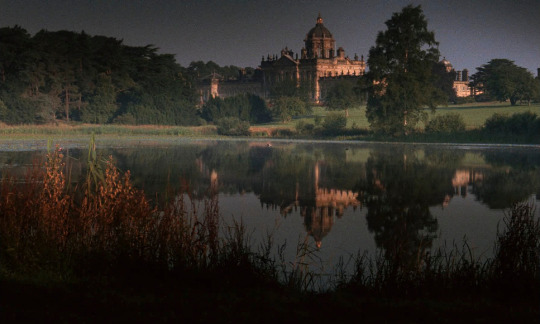


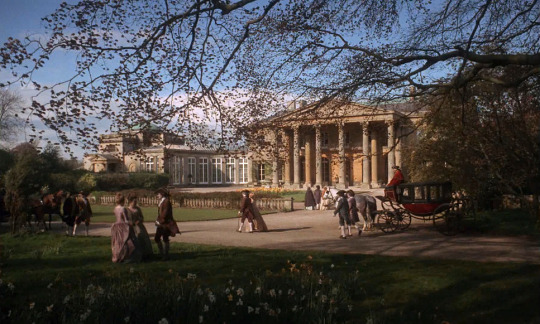
BARRY LYNDON (1975) - Locations
DIRECTOR: Stanley Kubrick
CINEMATOGRAPHER: John Alcott
235 notes
·
View notes
Text
For the ones who stayed
For the ones who left
And for all the ones who were lost.
I seriously recommend this movie.
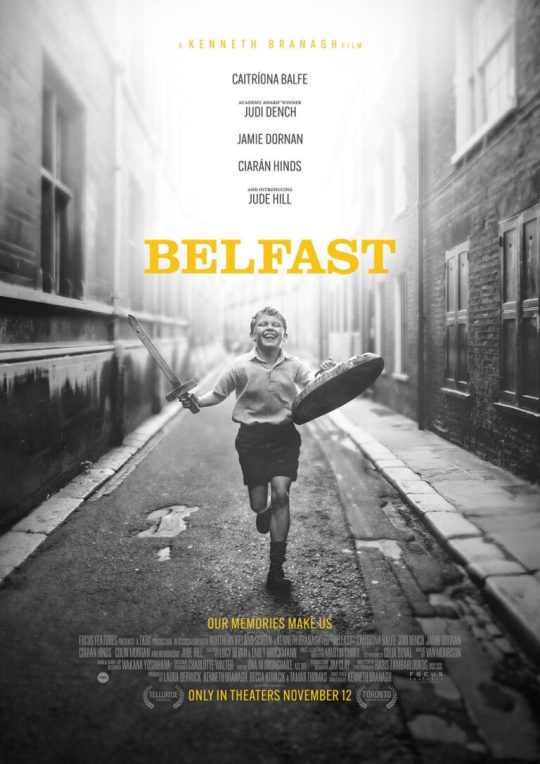
#belfast#Belfast movie#coming of age movies#historical movies#drama movies#black and white movies#jamie dornan#caitriona balfe#ciaran hinds#judy dench#colin morgan#lara mcdonnell#jude hill#netflix#netflix and chill#movie#movies#movie nerd#movie night#movie review#movie poster
8 notes
·
View notes
Photo

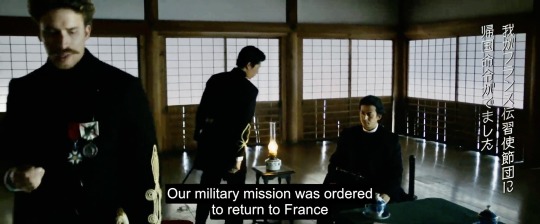
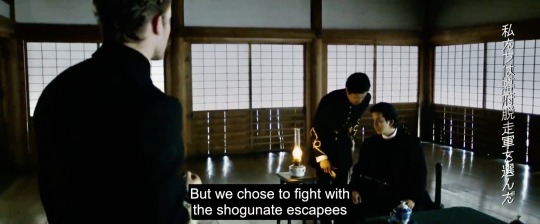
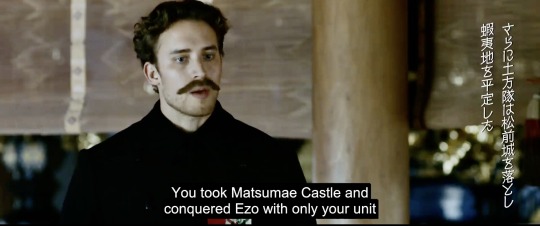

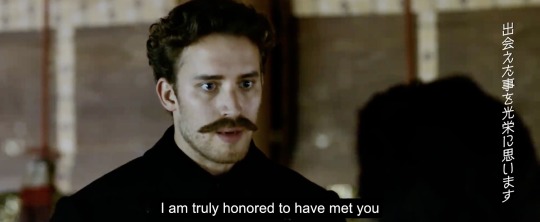

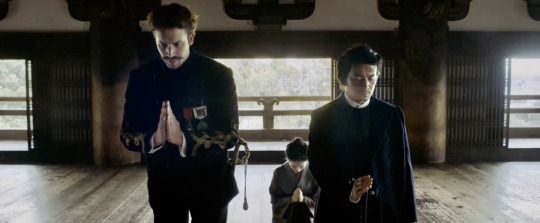


Baragaki: Unbroken Samurai (2021)
Captain Jules Brunet was sent to Japan in 1867 to train the Japanese in Western Military Tactics after the Shogunate requested help from Napoleon III. When the Imperials took control, he was ordered to return to France but he chose to stay and fight with the Samurai against the Imperials.
After the fall of Aizu, he fled to Hokkaido with the Samurai survivors where a last major battle of the Boshin War took place at Hakodate. He did his best but the Imperials outnumbered and outgunned the Samurai. He managed to return home and wrote a memoir where he spoke highly of the Shinsengumi.
He inspired Tom Cruise's character of Nathan Algren in The Last Samurai .
#baragaki unbroken samurai#baragaki#unbroken samurai#jules brunet#jonas bloquet#boshin war#the last samurai#shinsengumi#japan#japanese movies#j movie#jmovie#historical movies#samurai
48 notes
·
View notes